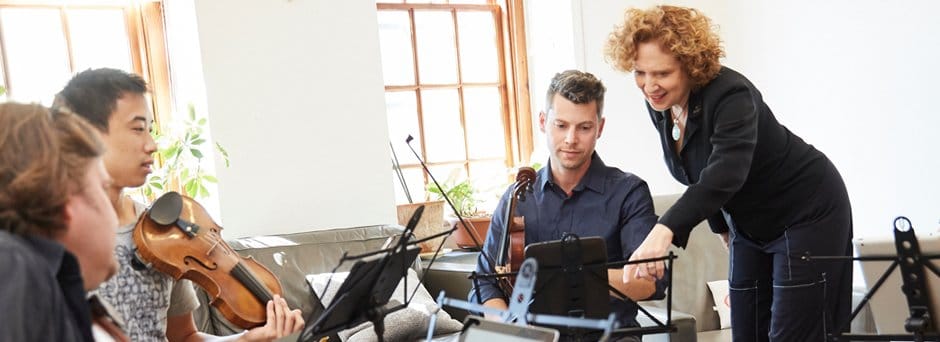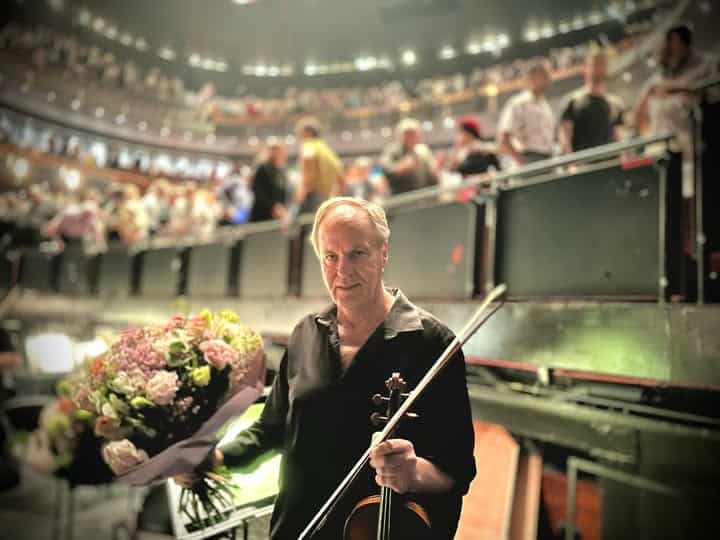Just in: Woman composer is named a genius
mainpress release:
The MacArthur Foundation announced the 2016 MacArthur Fellows today, commonly known as the “genius grants,” and this year’s class includes composer Julia Wolfe. Julia and 22 other Fellows will receive a no-strings-attached $625,000 grant for their exceptional creativity and potential for future contributions to their fields.
Julia Wolfe is a composer reimagining American folk traditions and lore in large-scale narrative compositions that synthesize various musical styles, movement, and imagery. Wolfe is deeply interested in legendary narratives, and she uses oral histories and historical documents as a backbone for many of her pieces. She is also a leading arts entrepreneur and plays a key role in fostering the creation and production of contemporary classical music.

Julia Wolfe, 57 is Associate Professor of Music Composition, Department of Music and Performing Arts, Steinhardt School, New York University. She specialises in American labour and its history.






Comments